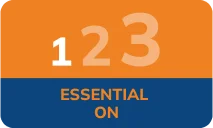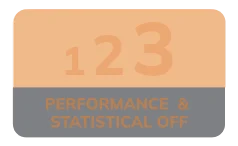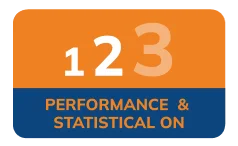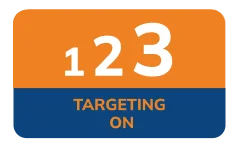Safeguarding Against Fraud Tips
Fraud can be classified as offline fraud and online fraud. You can protect yourself from online fraud by never sending sensitive information via email, exercising caution while receiving, storing and disposing your account statements.
'Phishing' refers to the practice of fraudsters 'fishing' for your details in order to find out and misuse sensitive personal and financial information.
Although they can be difficult to spot, ‘phishing' emails generally ask you to click on a link which takes you back to a spoof website that looks similar to your bank's website. When you arrive at the website, you are asked to provide, update or confirm sensitive personal information. To prompt you into action, such emails may signify a sense of urgency or threatening condition concerning your account.
The information most commonly sought through such means are:
- Your PIN numbers
- Your online banking password
- Your bank account/credit card/debit card number
- Verification data, like your date of birth, mother's maiden name etc.
Some fake emails may also contain a virus known as a ‘Trojan horse’ that can record your keystrokes or could trigger background installations of key logging software or viruses onto your computer. The virus may live in an attachment or be accessed via a link in the email.
Never respond to emails, open attachments or click on links from suspicious or unknown senders. If you're not sure if an email sent by ICICI Bank is legitimate, report it to us without replying to the email.
Online thieves often direct you to fraudulent websites via email and pop-up windows to try and collect your personal information. One way to detect a phoney website is to consider how you arrived there. You may have been directed by a link in a fake email requesting your account information. Try typing (or cutting and pasting) the URL into a new web browser window. If it does not take you to a legitimate web site, or you get an error message, it was probably just a cover for a fake site.
Be wary of any email or website that:
- Asks you for sensitive information: Fake emails often claim that your information has been compromised and your account has been de-activated/suspended. They will ask you to confirm the authenticity of your information/ transactions. Delete these emails and contact ICICI Bank.
- Contains spelling mistakes: Very often, ‘phishing' emails will contain several spelling mistakes and even the links to the counterfeit websites may contain a URL with spelling mistakes in order to take you to a fake website. Whenever you use a link to access a website, be sure to check for the URL of the website and compare it with the original. We recommend that you type the URL yourself whenever you access www.icicibank.co.uk, or bookmark or store our URL in your ‘Favourites'.
- Contains prizes or other offers: Some fake emails promise a prize or gift certificate in exchange for completing a survey or answering a few questions. In order to collect the alleged prize, you may be asked to provide your personal information.
- Contains fraudulent job offers: Some fake emails appear to be sent by companies to offer you a job. These are often work-at-home positions, which are actually schemes that victimize both the job applicant and other customers. Be sure to confirm that the job offer is from a genuine and reputed company.
- Looks like a genuine website: Spoof websites can be difficult to detect, because even the address bar and padlock symbol that appear in your browser window can be faked. To make sure you are on our site, type in www.icicibank.co.uk and see if you get to the same place.
Below are some tips for recognising whether you have possibly been a victim of fraud:
- If you did not receive an expected bill or statement by mail.
- If unexpected charges occur on your account.
- If there are charges on your account from unrecognised vendors.
- If the cheque leaves in your cheque book appear out of sequence.
- If you get collection calls regarding merchandise or services you did not buy.
With a few simple steps you can help protect your account and personal information from fake emails and websites:
- Delete suspicious emails without opening them. If you do open a suspicious email, do not open or respond to requests for personal information.
- Do not open any attachments or click on any links it may contain.
- Never provide sensitive account or personal information over email. If you have entered personal information, report it to us immediately by calling us 24/7 on 0344 412 4444 (Calls to this number use free plan minutes if available, otherwise they cost the same as 01/02 prefix calls) or by writing to us at ukcustomerrelations@icicibank.com
- Maintain the secrecy of your PIN numbers and passwords – see our password-related tips.
- Make photocopies of all your sensitive information and store them in a secure location like a safe deposit locker.
- Shred financial or personal documents before discarding. Most fraud and identity theft incidences happen as a result of mail theft.
- Whenever you or your family are away from home, get the incoming post collected by a trusted acquaintance or arrange to get your mails diverted to an alternate address. Do not leave your incoming post lying around in your absence.
Scroll to Top






